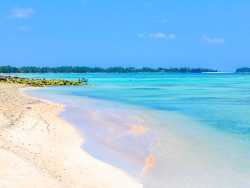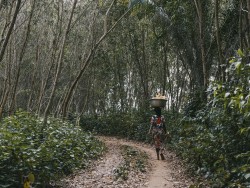The partnership between Bhutan and the EIF stretches back to 2009. Directly contributing to several UN Sustainable Development Goals (SDGs), particularly SDG 8 on decent work and economic growth, the EIF facility was well aligned to work within the context of Bhutan's development philosophy. The EIF supported the development of Bhutan's trade agenda roadmap, improving policies supporting pro-poor trade and strengthening institutional coordination, including human capacity for trade and development. Beyond this, the EIF contributed to building the productive capacity of farmers SMEs and facilitated the country's ability to leverage additional funding through catalytic project support.




